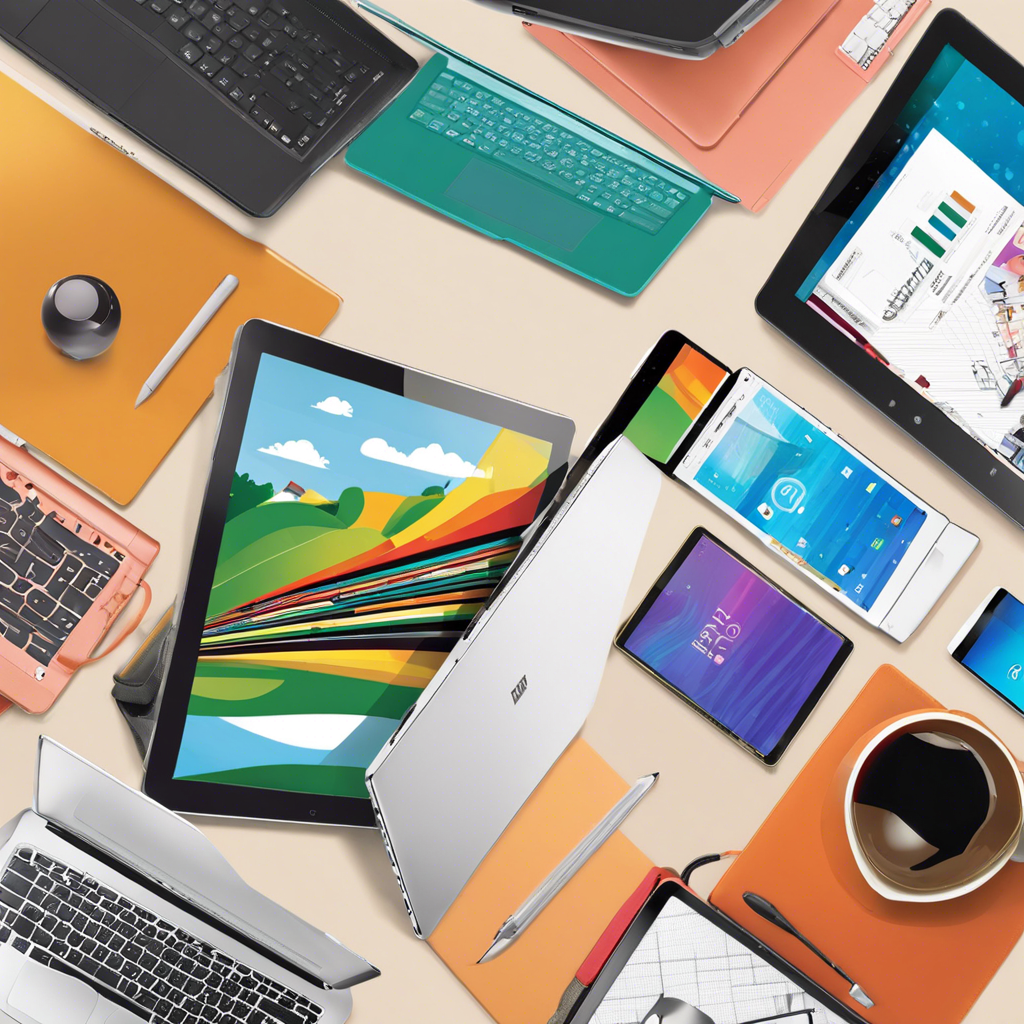[Insert catchy headline: “The Great Debate: Laptop vs. Tablet – Which Device Suits Your Needs?”]
Paragraph 1:
In today’s fast-paced world, we rely on technology for work, school, and entertainment. Two of the most popular devices on the market are laptops and tablets, each boasting unique features and benefits. But which device is the best investment for your needs? Let’s dive into the pros and cons of each to help you decide!
Paragraph 2:
Laptops have long been the go-to choice for professionals and students alike. They offer a full-size keyboard, a large display, and robust processing power, making them ideal for tasks that require heavy typing, such as writing reports or coding. Laptops also provide greater storage capacity, making them perfect for those who work with large files or need to install multiple programs. If you’re a student writing a thesis or a professional who needs to run specific software, a laptop is likely your best bet.
Paragraph 3:
Tablets, on the other hand, offer portability and convenience. With a slim design and lightweight build, they are easier to carry around than a laptop. Tablets are perfect for taking quick notes, reading e-books, or browsing the web during a commute. Their touch-screen interface makes them highly interactive and intuitive, especially for artists or those who prefer handwriting notes. Additionally, the rise of detachable keyboards and precision styluses has blurred the line between tablets and laptops, giving users even more flexibility.
Paragraph 4:
When it comes to entertainment, both devices have their advantages. Laptops provide a larger screen, better speakers, and more processing power for gaming or movie nights. Tablets, with their longer battery life and brightness controls, offer a comfortable reading or viewing experience, especially in direct sunlight. Tablets are also ideal for casual mobile gaming, offering a range of games and a more interactive experience.
Paragraph 5:
In terms of price, laptops generally offer more for your money, providing greater processing power, storage, and software capabilities. Tablets are often more affordable, but keep in mind that you might need to purchase additional accessories like a detachable keyboard or a stylus to get the full benefit.
Paragraph 6:
Another factor to consider is durability and repairability. Laptops are generally easier and more affordable to repair, and their parts are more accessible. Tablets, being more compact and sealed, might require specialized care and can be costlier to fix.
Paragraph 7:
The operating system is also a key consideration. Laptops typically offer a full desktop operating system, providing access to more powerful software. Tablets often use mobile operating systems, which have a more limited selection of apps, but are simpler and more touch-friendly.
Paragraph 8:
In the end, the decision boils down to your specific needs and preferences. If you require a device for intensive tasks like programming or video editing, a laptop is the way to go. If portability and convenience are your priorities, a tablet might suit you better.
Paragraph 9:
Both laptops and tablets have their strengths and a place in our digital world. By considering your unique requirements, you can make an informed decision about which device will best elevate your work, school, or entertainment experiences. So, will it be a laptop or a tablet? The power to choose wisely is in your hands!
